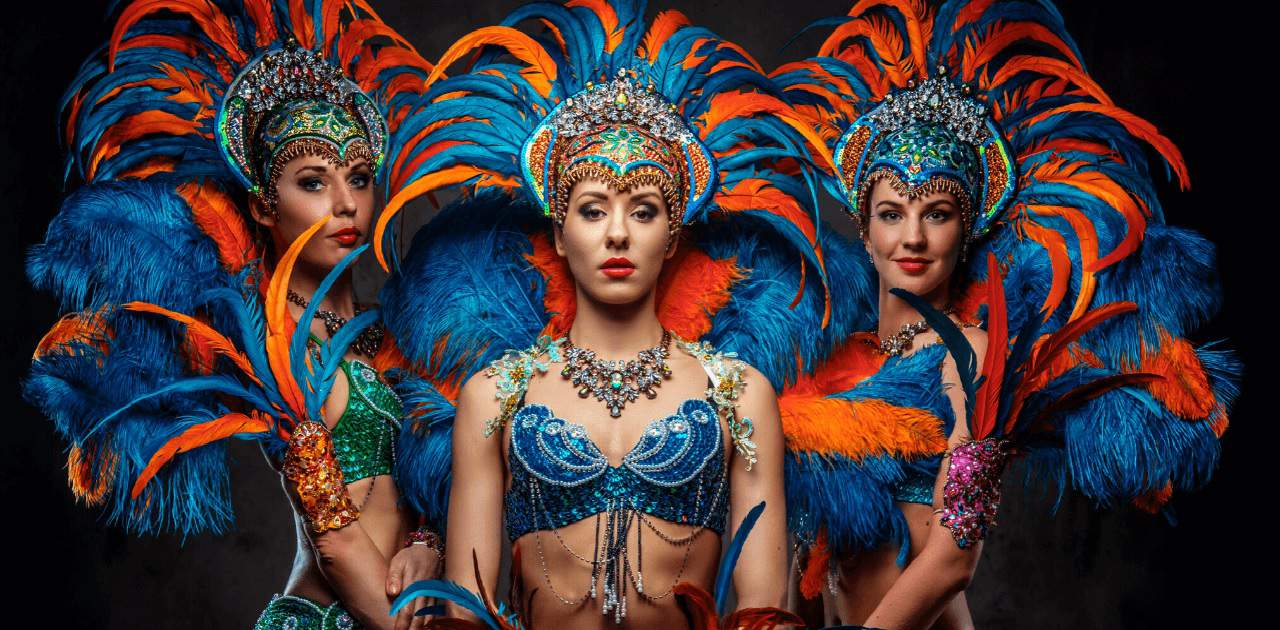Celebrating Pokrov: Traditions And Celebrations Across Cultures
Share

Pokrov, or the Feast of the Protection of the Holy Virgin, is a significant cultural and religious event celebrated in various countries, particularly in Eastern Europe. This festival, deeply rooted in Orthodox Christian traditions, symbolizes the protective mantle of the Virgin Mary over her followers. However, the essence of Pokrov transcends mere religious observance; it embodies a rich tapestry of customs, rituals, and community gatherings that vary across different cultures. This article will take you through the vibrant traditions and celebrations associated with Pokrov, showcasing its significance in various cultures.
The Historical Significance of Pokrov

The origins of Pokrov can be traced back to the 10th century when it was established as a feast day in Constantinople. The celebration honors the miraculous appearance of the Virgin Mary, who is said to have protected the city from invaders. Over the centuries, this event has evolved into a day of prayer, reflection, and community bonding, particularly among Orthodox Christians.
In Russia, Pokrov is celebrated on October 14, while in other Eastern European countries, the date may vary slightly. The festival marks the end of the harvest season, making it a time for thanksgiving and preparation for the winter months ahead.
Traditional Customs and Rituals
Ukrainian Celebrations

In Ukraine, Pokrov is celebrated with a blend of religious and folk traditions. The day often begins with a church service, where families gather to pray for protection and blessings. Following the service, communities partake in festive meals that include traditional dishes such as borscht, varenyky (dumplings), and various baked goods.
A unique aspect of Ukrainian Pokrov celebrations is the custom of "Pokrov's Eve," where families prepare for the festival by cleaning their homes and cooking special foods. It is also common for women to wear their best traditional attire, symbolizing respect for the occasion.
Russian Traditions

In Russia, Pokrov is a public holiday, and it is celebrated with various customs that reflect the country's rich cultural heritage. The day is often marked by outdoor festivities, including folk dances, music, and communal feasts. Traditional foods such as pancakes, pies, and stews are prepared, and families often invite friends and neighbors to join in the celebrations.
One of the most cherished traditions is the making of "Pokrov's bread," a special loaf that is blessed during the church service. This bread is then shared among family and friends as a symbol of unity and goodwill.
Bulgarian Observances

In Bulgaria, Pokrov is celebrated with a strong emphasis on community and family. The day begins with a church service, followed by a communal meal where traditional dishes are served. Bulgarians often prepare a special dish called "kavarma," a slow-cooked meat stew that is enjoyed by all.
Another unique tradition is the "Pokrov's fortune-telling," where young women gather to predict their future husbands. This playful custom adds a lighthearted element to the celebrations, making it a memorable occasion for all participants.
The Role of Music and Dance

Music and dance play a vital role in Pokrov celebrations across cultures. Traditional folk songs and dances are performed, showcasing the unique cultural heritage of each region. In Ukraine, for instance, the "Hopak" dance is a popular choice, while in Russia, the "Kalinka" is often performed during festivities.
These performances not only entertain but also serve as a means of preserving cultural identity and passing down traditions to future generations. The lively atmosphere created by music and dance fosters a sense of community and togetherness, making Pokrov a truly special occasion.
Modern Interpretations of Pokrov

As societies evolve, so do the ways in which traditions are celebrated. In contemporary times, Pokrov has seen a blend of traditional and modern elements. Many communities now incorporate contemporary art, music, and performances into their celebrations, attracting younger generations to participate.
Festivals may also include workshops, exhibitions, and cultural fairs that highlight the significance of Pokrov in today's world. This modern twist not only keeps the traditions alive but also encourages a broader understanding and appreciation of cultural diversity.
Conclusion: A Celebration of Unity and Heritage

Pokrov is more than just a religious observance; it is a celebration of unity, heritage, and the enduring spirit of community. Through its rich traditions and vibrant festivities, Pokrov brings people together, fostering a sense of belonging and shared identity. Whether you are participating in the traditional customs of Ukraine, Russia, or Bulgaria, the essence of Pokrov resonates with the universal themes of protection, gratitude, and love.
As you consider your next travel destination, think about experiencing the unique celebrations of Pokrov in one of these countries. It’s an opportunity to immerse yourself in local culture, taste traditional foods, and connect with the warmth of community spirit.
For those planning to travel, consider booking your accommodations and flights through Hotels & Flights and Transfers to ensure a seamless experience. Embrace the joy of Pokrov and create unforgettable memories that will last a lifetime!



